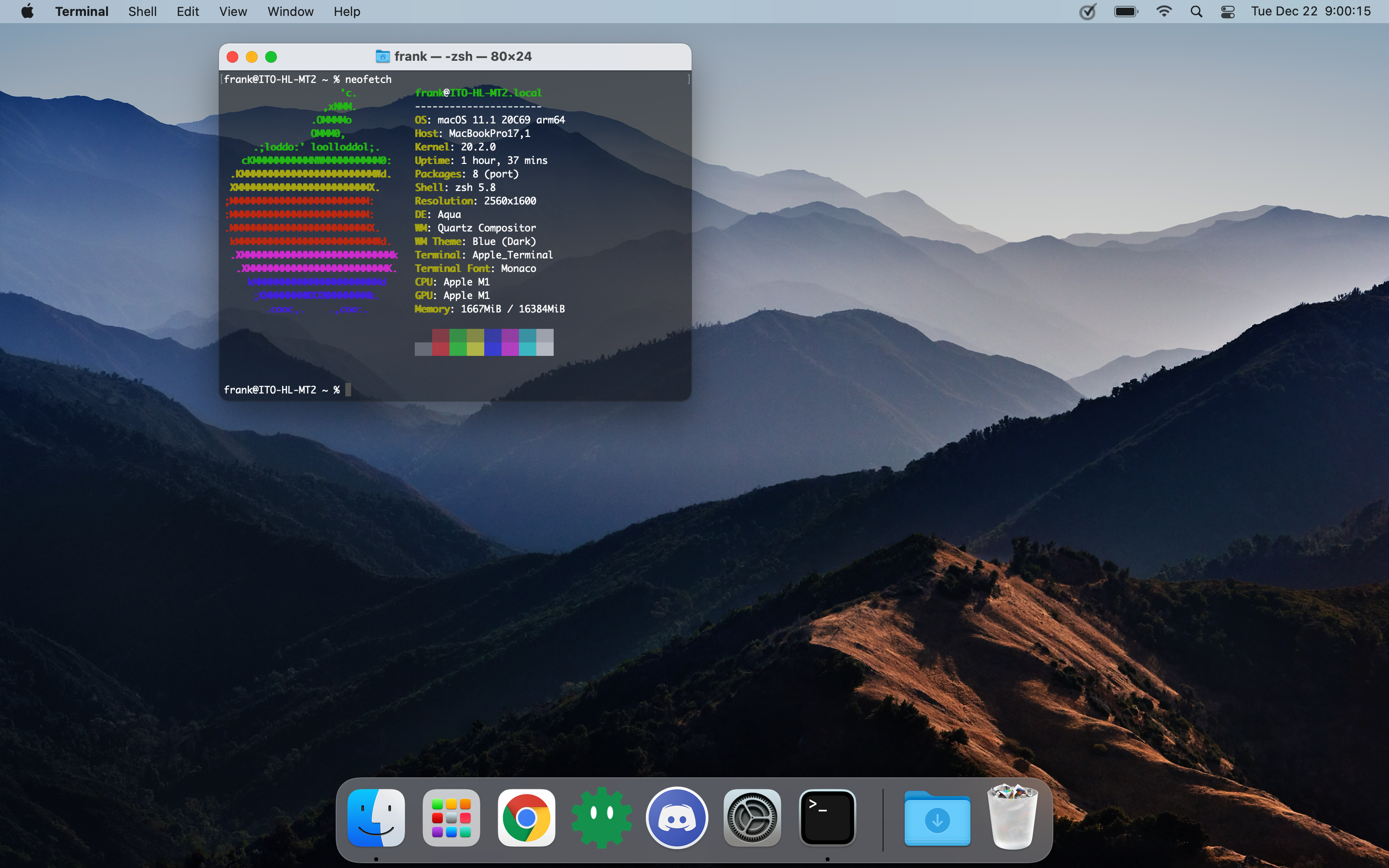Unix is an operating system. It supports multitasking and multiuser functionality. Unix is most widely used in all computing systems, such as desktops, laptops, and servers. Unix has a Graphical user interface similar to windows that support easy navigation and a supportive environment.
Where is UNIX used today?
UNIX is a multiuser computer operating system. UNIX is widely used for Internet servers, workstations, and mainframe computers. AT&T Corporation’s Bell Laboratories developed UNIX in the late 1960s due to efforts to create a time-sharing computer system.
What are UNIX and its uses?
UNIX is an operating system developed in the 1960s and has been under constant development ever since. By operating system, we mean the suite of programs that make the computer work. It is a stable, multiuser, multitasking system for servers, desktops, and laptops.
What are the main features of UNIX?
The UNIX operating system supports the following features and capabilities: Multitasking and multiuser. Programming interface. Use of files as abstractions of devices and other objects. Built-in networking (TCP/IP is standard) Persistent system service processes called “daemons” and managed by init or init.
Why is UNIX so popular?
Unix is popular with programmers for a variety of reasons. The building-block approach is a primary reason for its popularity, where a suite of simple tools can be streamed together to produce very sophisticated results.
Is UNIX 2020 still used?
It’s still widely used in enterprise data centers. It’s still running huge, complex, key applications for companies that need those apps to run. And despite the ongoing rumors of its imminent death, its use is still growing, according to new research from Gabriel Consulting Group Inc.
How does UNIX work?
The Unix operating system consists basically of the kernel and the shell. The seed performs basic operating system functions such as accessing files, allocating memory, and handling communications. The C shell is the default for interactive work on many Unix systems.
What is the full meaning of UNIX?
What does UNIX mean? UNICS stands for UNiplexed Information and Computing System; a popular operating system developed at Bell Labs in the early 1970s. The name was intended as a pun on an earlier ” Multics ” system (Multiplexed Information and Computing Service).
Is Windows UNIX?
Even though Windows isn’t based on Unix, Microsoft has dabbled in Unix. Microsoft licensed Unix from AT&T in the late 1970s and used it to develop its commercial derivative, Xenix.

What is UNIX in simple terms?
What Does Unix Mean? Unix is a portable, multitasking, multiuser, time-sharing operating system (OS) originally developed in 1969 by a group of employees at AT&T. Unix was first programmed in assembly language but was reprogrammed in C in 1973. Unix operating systems are widely used in PCs, servers, and mobile devices.
What are the three major components of any UNIX system?
The UNIX operating system generally comprises three parts; the kernel, the shell, and the programs. The kernel. If we think of the UNIX operating system in terms of layers, the seed is the lowest layer—the shell. The shell interfaces between the user and the kernel—the programs.
Which is the heart of UNIX?
Kernel − The kernel is the heart of the operating system. It interacts with the hardware and most tasks like memory management, task scheduling, and file management. Unix Architecture.
Is it part of UNIX OS?
The UNIX operating system comprises the kernel, the shell, and the programs.
What makes Unix special?
On Unix and Linux systems, the user has a choice of shells. This shows the preference for modular design in the Unix world. Everything from the body to the graphical user interface is just another program, and components can be swapped out easily. It also allows for an approach to development based on small tools.
Is Unix good?
Unix is an operating system. It supports multitasking and multiuser functionality. Unix is most widely used in all computing systems, such as desktops, laptops, and servers. Unix has a Graphical user interface similar to windows that support easy navigation and a supportive environment.
Why is Unix the best operating system?
Unix is still the only operating system to present a consistent, documented application programming interface (API) across a heterogeneous mix of computers, vendors, and special-purpose hardware. The Unix API is the closest to a hardware-independent standard for writing portable software.
Is Unix dead?
That’s right. Unix is dead. We all collectively killed it the moment we started hyperscaling, blitzscaling, and, more importantly, moved to the cloud. In the 90s, we still had to scale our servers vertically.
Why is Unix so expensive?
However, some Unix versions are free for development use (Solaris). Unix costs $1,407 per user in a collaborative environment, and Linux costs $256. Hence, UNIX is extremely expensive—the difference Between Unix and Linux. Linus developed Linux Unix and other Variant Original codes, and the GNU Foundation Original code was generated by AT & T.
Is HP UX dead?
Intel’s Itanium family of processors for enterprise servers has spent over a decade as the walking dead. Support for HPE’s Itanium-powered Integrity servers, and HP-UX 11i v3, will end on December 31, 2025.
Is UNIX free?
Unix was not open-source software, and the Unix source code was licensable via agreements with its owner, AT&T. With all the activity around Unix at Berkeley, a new delivery of Unix software was born: the Berkeley Software Distribution, or BSD.
Is UNIX user-friendly?
Write programs to handle text streams because that is a universal interface. Unix is user-friendly — it’s just picky about who its friends are. UNIX is simple and coherent, but it takes a genius (or, at any rate, a programmer) to understand and appreciate its simplicity.
Is UNIX only for supercomputers?
Supercomputers are specific devices built for particularistic purposes. Linux ruled supercomputers because of its open-source nature for 20 years; most supercomputers ran UnBut eventually, Linux took tead and became the preferred the operating system choice for the supercomputers.